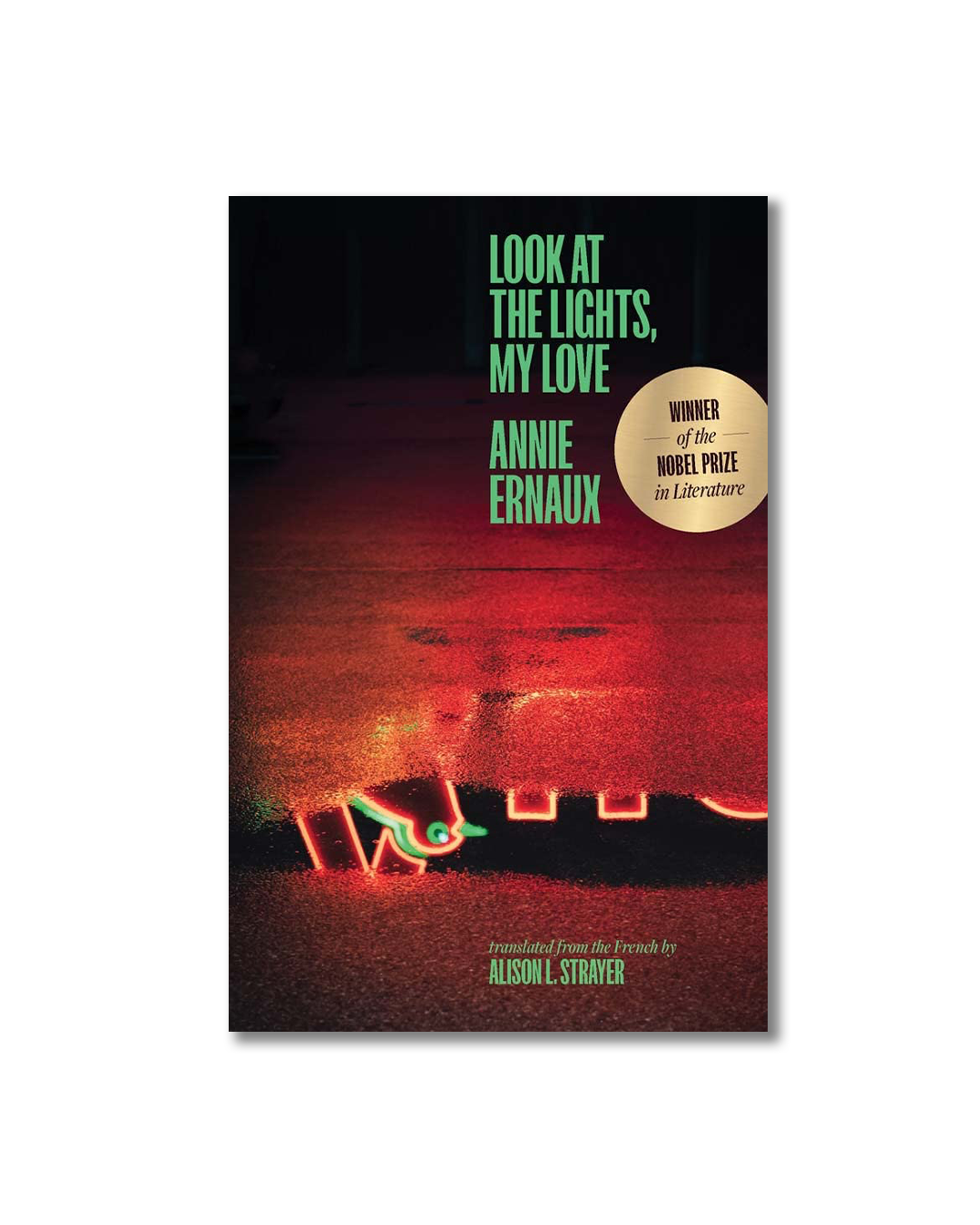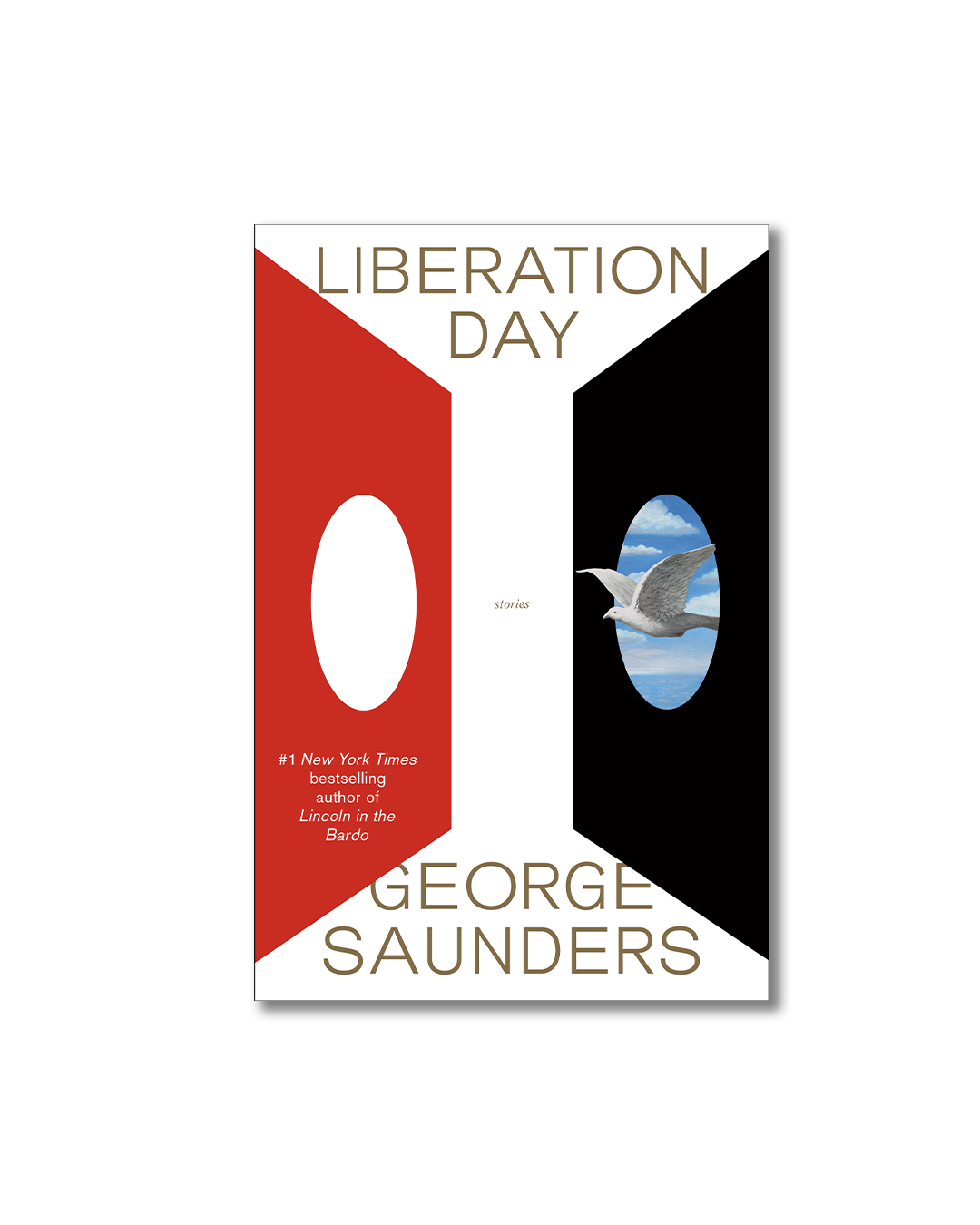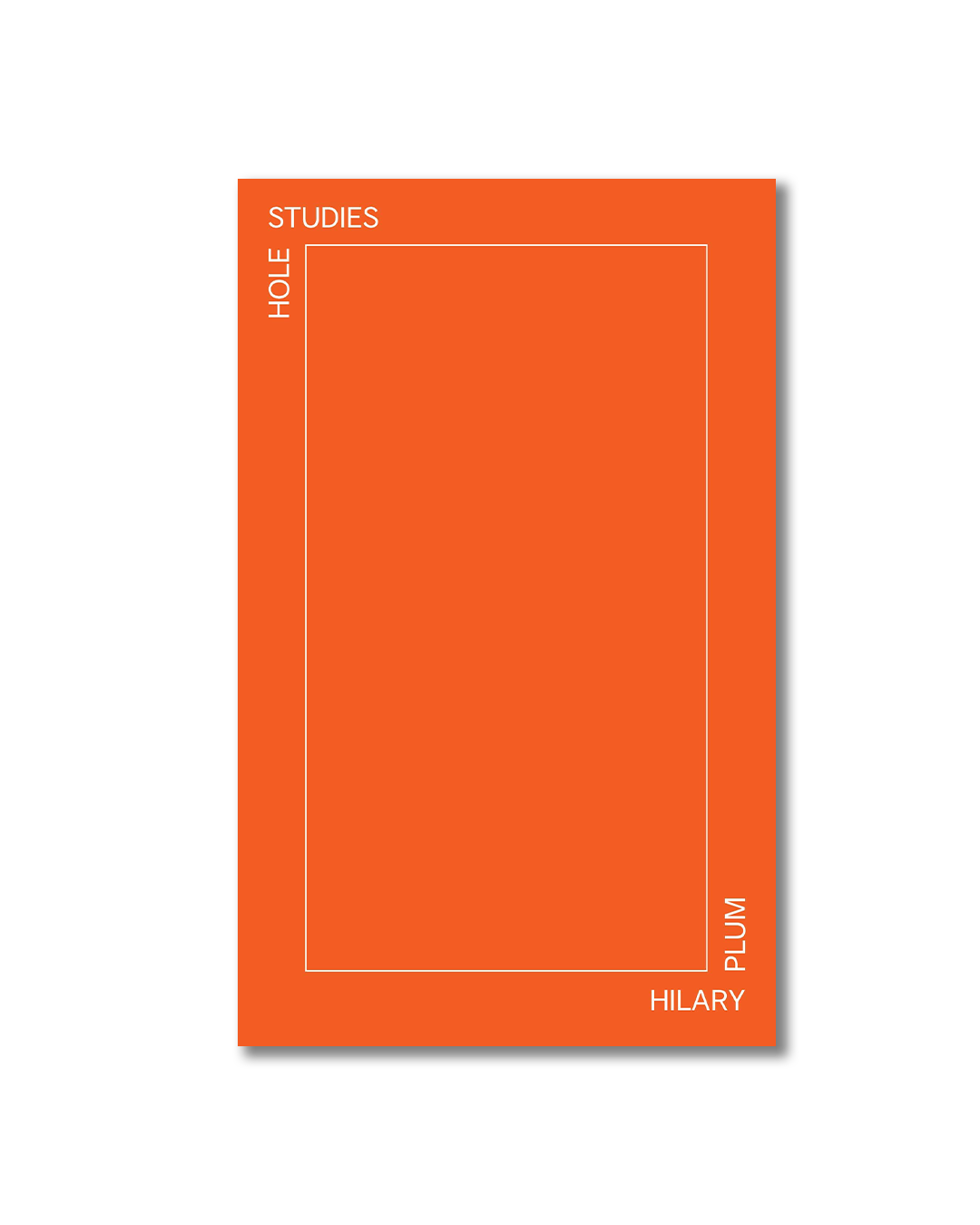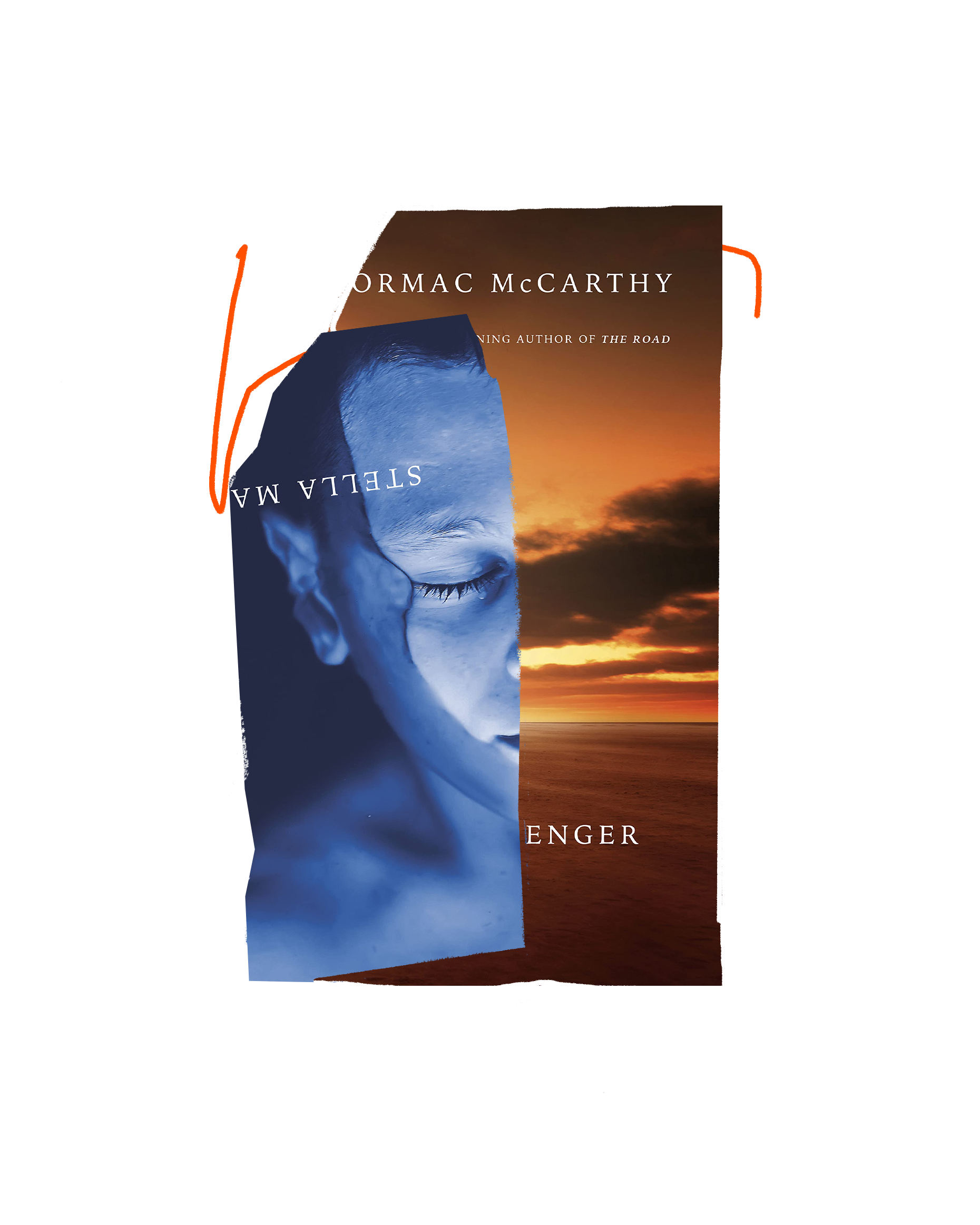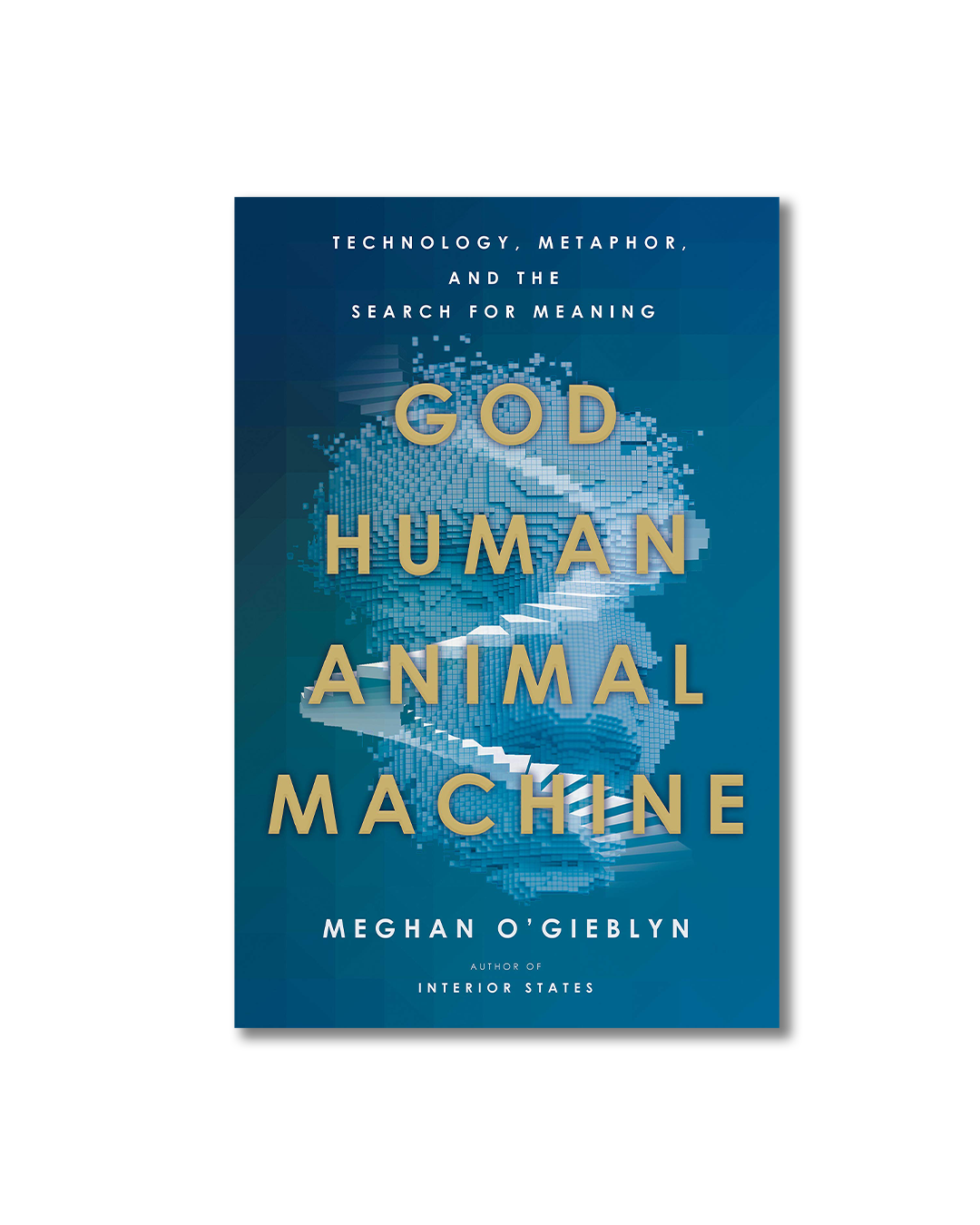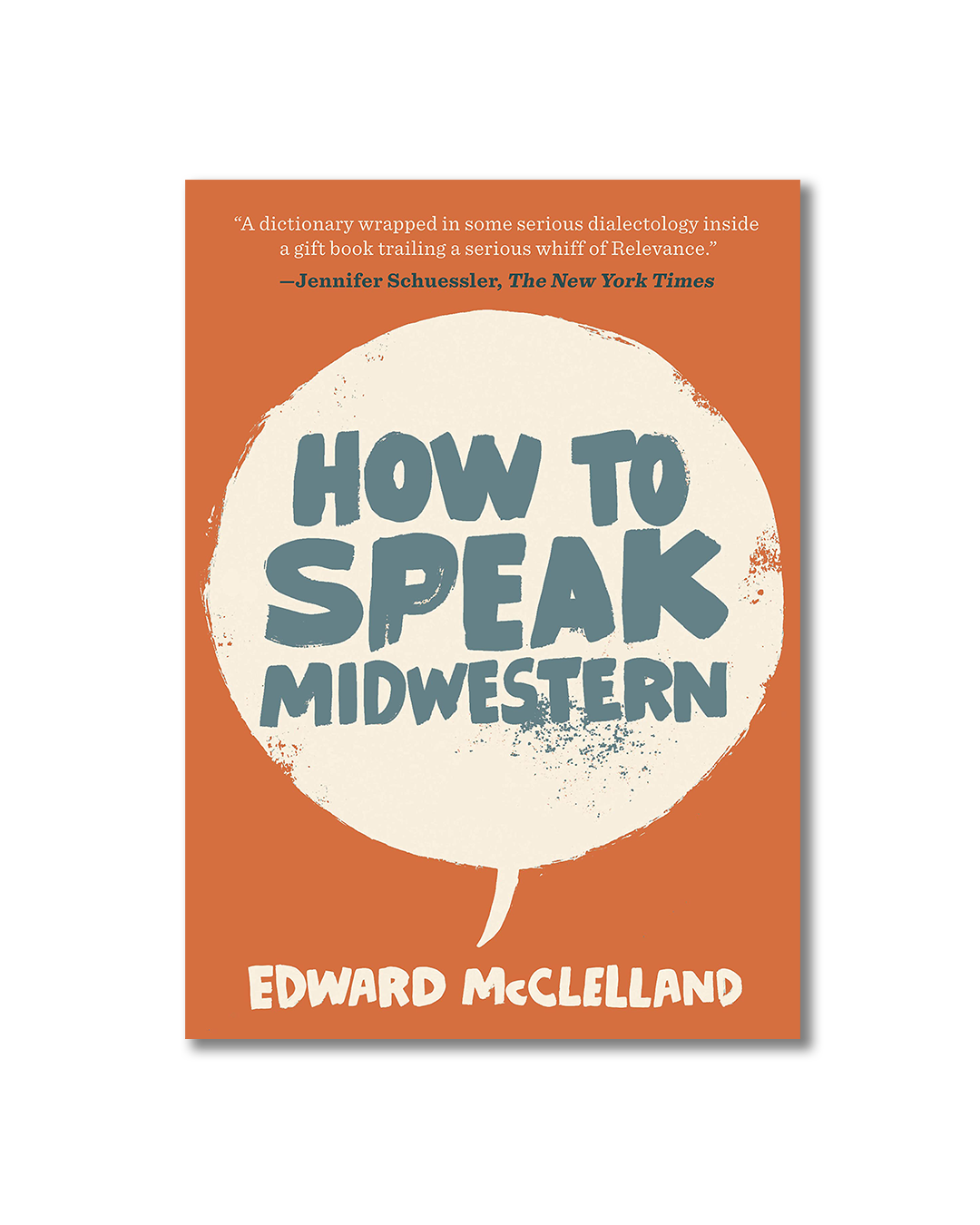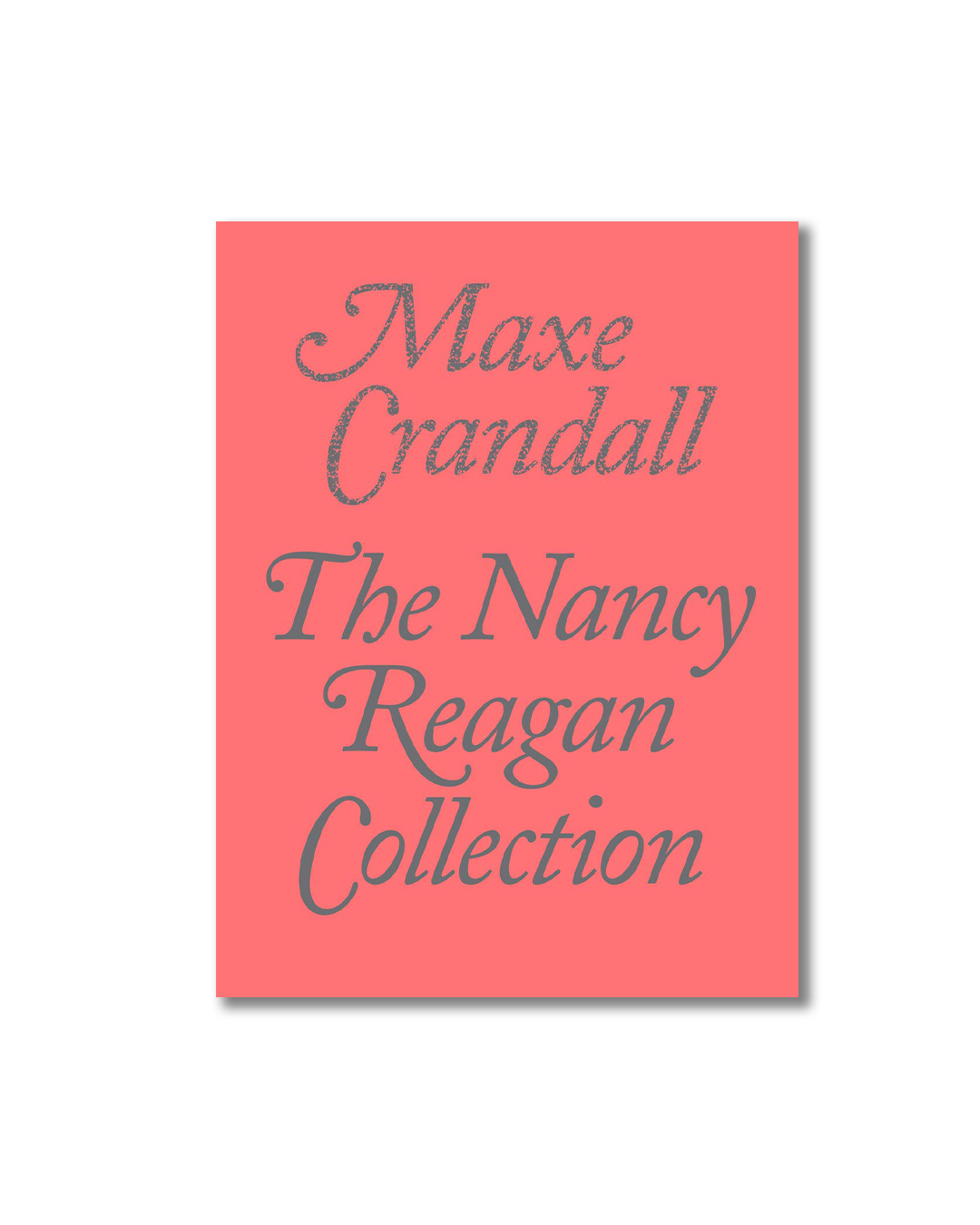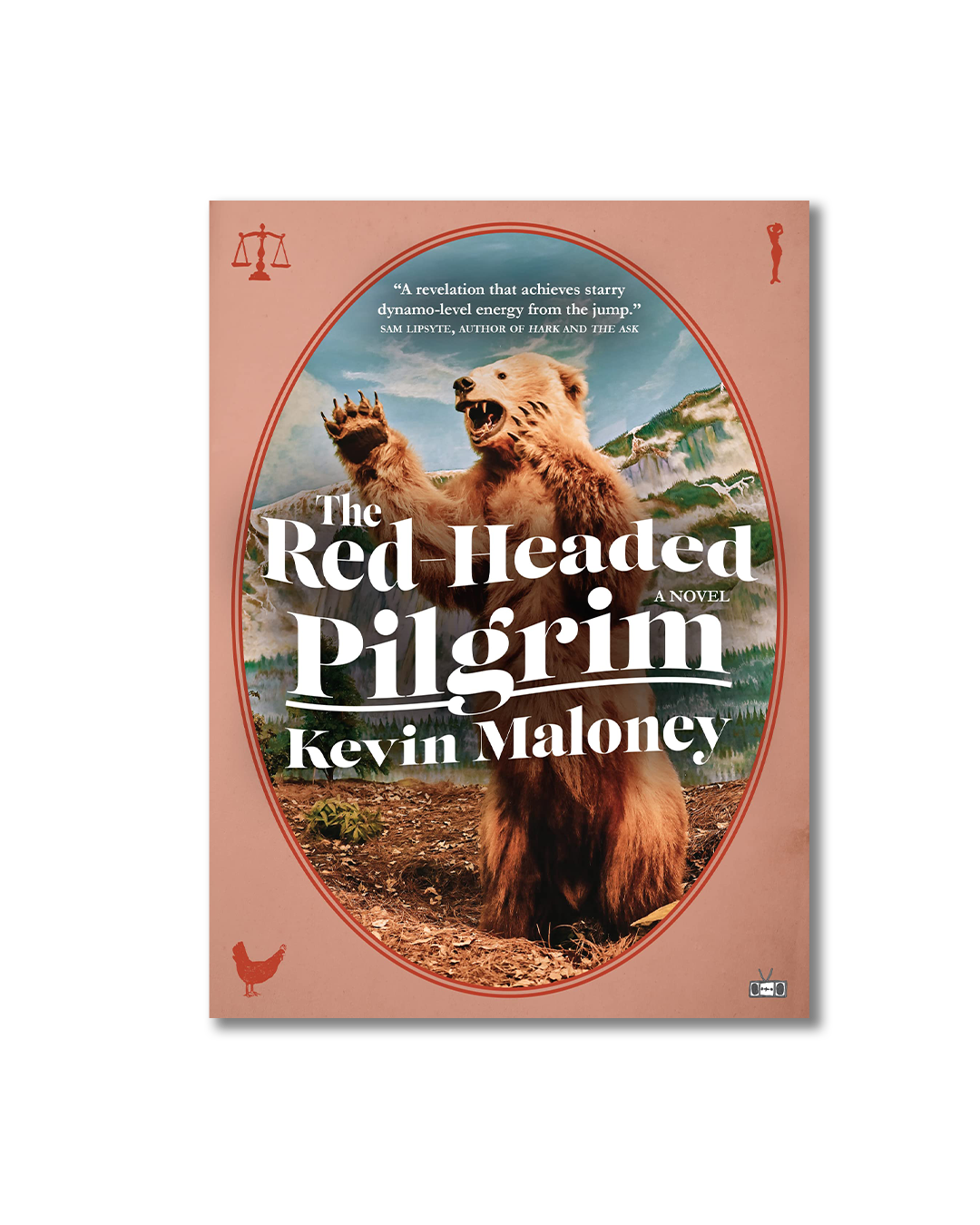Aesthetics of Sickness: Wellness Beyond Narrative
During the years I had cancer, I sometimes bristled at the language of “wellness” and its trappings. I didn’t need mindfulness; I needed oxaliplatin.
from “Making Love with the Land”
In what ways is a manuscript an exhibit? In what ways are these words animate? Maybe you understand these pages as an artifact, sacred words from an NDN; or maybe you read me as a sex worker of language, one who strips and fucks the page and spills himself all over it?
Blood Ties: On Vigdis Hjorth’s “Is Mother Dead”
Johanna’s one-sided account of her childhood and estrangement from her mother invites skepticism only after she begins wildly crossing boundaries, each more serious than the last.
The Erotics of Yogurt: On Annie Ernaux’s “Look at the Lights, My Love”
Ernaux’s recent popularity in the US points to our desire for literature that plumbs sexuality without sentimentality. Do away with the crumbs of dissociative sex and give us something raw.
Blood, Guts, Formal Violence: On Haunted Media and Christopher Norris’ “Hunchback ’88”
In the particular case of horror, the haunted media takes the place of the ghost or the killer or the monster as that which horrifies us—except now, the horrifying thing stands also as an analogy for the text itself.
Going the Distance: On George Saunders’ “Liberation Day”
Saunders is making a performance of his imaginative jumps, of empathy itself, with an admirable enthusiasm for entertaining us.
Going Off-Script: On Hilary Plum’s “Hole Studies”
In so many ways, our ability to maintain our way of living relies on our ability to ignore information and tell lies to one another, and especially to ourselves. Ruptures reveal cracks in the surface of our collective agreements.
Children of the Atom: On “The Passenger” and “Stella Maris”
They’re a potent reminder that we still live in the long, dark shadow of the twentieth century—the bargains made therein, the general Faustian demeanor accepted as a national character—and that a certain kind of serious, Modernist fiction still has a place and resonates.
Observer Effect: On Meghan O’Gieblyn’s “God Human Animal Machine”
The earth was not at all made to someday host plants, animals, or us. Life, in its tenacity, has just scratched out a little foothold. None of this is for us. Really: None of this is for anything at all.
Quarter in Review: On Sailing, Bailing, and Stillman
But we’re ready to set sail for summer, and we hope these pieces, this review-in-review, have persuaded you that we’ll be here again in three months, in a year, in a decade, bailing and assessing the course.
For Yinz and Yous: On Edward McClelland’s “How to Speak Midwestern”
How we speak is the product of historical events, movements, power, and geography. Cleveland’s proximity to steel mills and auto plants drew European immigrants; the Great Depression made the Transatlantic “wough” and “greatah” fall out of favor.
Home in this Black Hole: On Maxe Crandall’s “The Nancy Reagan Collection”
Maxe Crandall’s The Nancy Reagan Collection is “an otherworldly way… of remembering.” It is body-snatching theater and immersive obloquy. It is a multiplayer video game playing in the middle of a memorial.
The Stories We Tell About Ourselves: On CJ Hauser’s “The Crane Wife”
Your apartment is nice, but not amazing. You’re not struggling nor are you wealthy. Sometimes you regret not working harder. Other times, you regret not making more irresponsible choices. If traditionality is suffocating, living free is like treading water and trying not to sink.
Slightly Psychedelic: On Kevin Maloney’s “The Red-Headed Pilgrim”
In 1971 Pauline Kael coined the term “Acid Western,” an expression intended as a pejorative commentary on the stoner crowd that gathered for the midnight showings of Alejandro Jodorowsky’s El Topo.
Nothing But Net: On Thomas Beller’s “Lost in the Game”
But what’s most gratifying about the book is its articulation and understanding of those ambiguous feelings one may have about over-caring about basketball later in one’s life. The time it takes to get your body right. The effort to stay on the court. The sweaty laundry.
It’s Not Delivery: Against Frictionless Fiction
Against this backdrop, it was only a matter of time before the gospel of flat design spread to the publishing industry. But what does “frictionless experience” look like in book form?
from “Ukraine Is Not Dead Yet”
When I close my eyes and think of my hometown, the elements that come to mind are not that much different from what my great-grandfather encountered when he arrived in Cleveland from his Ukrainian village of Staryava almost a century ago, in 1929.
When Metaphor Dies: On Johannes Göransson’s “Summer”
To draw the lines of contagion linking each term to the others in their reticulation+circulation, uncartesian grid, would offer something like the topography of Summer. A summer map.
Brutal Empathy: On Henri Cole’s “Blizzard”
To overstate the importance of the speaker (Glück’s “private voice”) would be to neglect the community that shapes him, an ensemble of others that create the life of these poems and ultimately that of the voice which utters them.
from “Battle Songs”
21. When you say you’re going home, they ask: To Belgrade?
22. For them, it’s as though this war hasn’t happened.
And yet,
23. There are exceptions.




